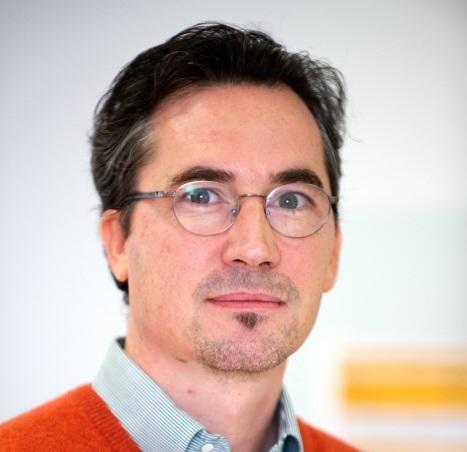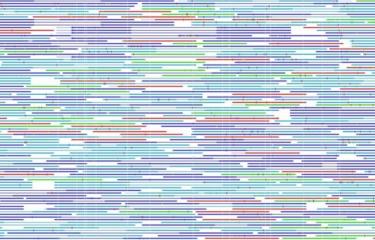Since it was set up in 1887, the Institut Pasteur has always applied its scientific expertise and research findings to public health. As early as the 19th century, but especially in the 20th century, advances in transport led to the development of travel and consequently the spread of infectious diseases. The phenomenon has now increased tenfold and it is even more important to continue monitoring diseases across the planet to prevent, diagnose and treat them. Monitoring and treating are the two stages of this historic public health mission.
Expertise, monitoring and alerts
The Institut Pasteur is actively involved in monitoring infectious diseases. It is home to 13 laboratories coordinating French National Reference Centers (also called CNR - page in French), and 6 laboratories associated with CNRs. These units monitor 17 categories of different pathogens. The Institut Pasteur also has eight World Health Organization Collaborating Centers (WHOCCs - page in French) in Paris and one World Organization for Animal Health - Collaborating Center (WOAHCC). These centers, which are effective observatories for communicable diseases and expert microbiology laboratories, gather epidemiological information concerning many infectious diseases, monitor the state of health of populations, advise health authorities and raise the alert in the event of infectious risks.
Learn more about the French National Reference Centers read the report "National Reference Centres, sentinels guarding against pathogens".
In France, the CNRs are appointed by the French Ministry of Health for five years and they interact with the Institut Pasteur’s Laboratory for Urgent Response to Biological Threats (CIBU - page in French), a structure that responds to biological emergencies 24/7 by detecting and identifying a broad spectrum of bacteria or viruses.
In addition, a Mutualized Platform for Microbiology (P2M), featuring the most innovative technology (high-throughput sequencers, mass spectrometers, etc.), speeds up analysis of contaminated samples, produces incredibly accurate results, and supports public health authorities in decision-making.
A specialized health center
The Institut Pasteur Medical Center (209-211 rue de Vaugirard, 75015 Paris, France) is a health center specialized in infectious and tropical diseases, travel medicine and allergies. Its role is to prevent, diagnose and treat.
In terms of prevention, the Medical Center healthcare experts and doctors provide travel vaccination and travel medicine services. The center vaccinates close to 60,000 people each year (see Annual Report, page 46).
As for diagnosis and treatment, the center offers care for individuals with severe or chronic infectious problems (such as HIV infection for example, in partnership with Necker Hospital in Paris) and is particularly specialized in infectious and tropical diseases in travelers returning from abroad. The structure is also home to an Anti-Rabies Center, which can treat anyone who, whether in France or abroad, has been in contact with an animal likely to transmit rabies.
The center also has long-established expertise in treating some skin diseases, such as hidradenitis suppurativa.
Finally, the center is involved in clinical research, alongside some Institut Pasteur teams or outside of the foundation. This is evidenced by cohorts for HIV infection or hidradenitis suppurativa.

Paul-Henri Consigny
Director of the Medical Center
Our health center sees thousands of patients each year, adults and children alike. They benefit from our expertise in preventing and treating infectious diseases. By monitoring all these patients, our center offers a unique opportunity for collaborative research, particularly regarding infectious diseases and vaccination.



